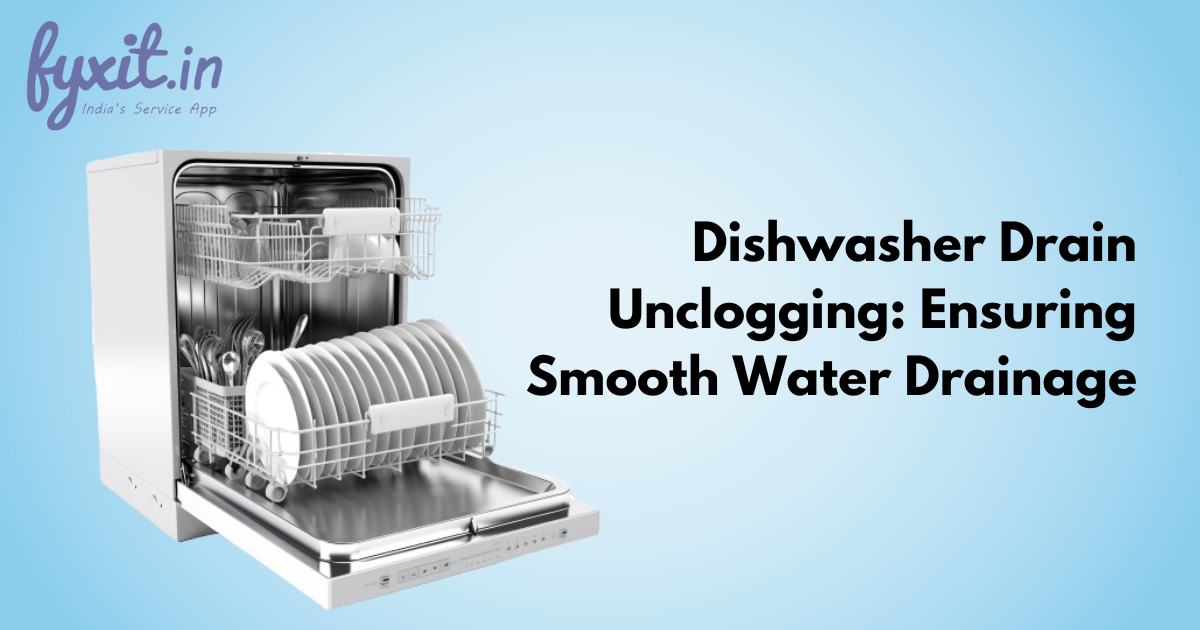In the era of smart homes, where connectivity and automation play pivotal roles, even traditional household appliances are undergoing transformation. Smart water heaters are at the forefront of this evolution, offering homeowners a convenient and energy-efficient way to manage their hot water supply. This article explores the features and benefits of smart water heater, highlighting the integration of Wi-Fi connectivity and mobile app control that brings a new level of convenience to the hot water experience.
Table of Contents
The Evolution of Water Heaters
Traditional Water Heaters:
Traditional water heaters have long been a staple in homes, providing a reliable supply of hot water for various domestic needs. Typically, these heaters operate on a set schedule or thermostat settings, often leading to energy inefficiencies and a lack of flexibility in usage.
Introduction of Smart Technology:
The integration of smart technology into water heaters marks a significant advancement. Smart water heater leverage Wi-Fi connectivity and app control to offer users unprecedented control over their hot water systems, optimizing energy usage and providing real-time insights.
Key Features of Smart Water Heaters
Wi-Fi Connectivity:
The hallmark feature of smart water heaters is Wi-Fi connectivity. This enables the water heater to connect to the home’s Wi-Fi network, allowing users to remotely monitor and control their hot water system from anywhere with an internet connection.
Mobile App Control:
The accompanying mobile apps empower users with control over their water heaters through their smartphones or tablets. Users can adjust temperature settings, schedule heating times, and even receive alerts or notifications related to the status of the water heater.
Remote Monitoring:
Smart water heaters provide real-time monitoring capabilities. Users can check the current temperature of the water, track energy consumption, and receive insights into the performance of the water heater. This remote monitoring fosters energy-conscious habits and allows for proactive maintenance.
Customizable Schedules:
The ability to set customizable schedules is a game-changer. Users can program their smart water heater to heat water during specific times of the day or week, aligning with their routine. This feature ensures hot water availability when needed while optimizing energy usage during off-peak hours.
Energy Efficiency:
Smart water heaters contribute to energy efficiency by allowing users to fine-tune temperature settings and heating schedules. With insights provided by the app, users can make informed decisions to minimize energy consumption, leading to potential cost savings and a reduced environmental impact.
Integration with Smart Home Ecosystems:
Many smart water heaters seamlessly integrate with popular smart home ecosystems. This includes compatibility with platforms like Google Home, Amazon Alexa, and Apple HomeKit, enabling users to incorporate their water heaters into broader home automation setups.
Adaptive Learning Algorithms:
Some advanced smart water heaters incorporate adaptive learning algorithms. These algorithms analyze usage patterns and adjust heating schedules automatically, optimizing energy efficiency based on the household’s hot water needs.
Benefits of Smart Water Heaters
Convenience and Accessibility:
The primary advantage of smart water heaters is the convenience they offer. Users can control their water heaters remotely, ensuring that hot water is readily available when they need it. Whether adjusting settings while away from home or receiving alerts about maintenance requirements, the convenience is unparalleled.
Energy Savings:
The ability to customize schedules and adjust temperature settings based on real-time needs translates to energy savings. Users can avoid unnecessary heating during periods of low demand, contributing to a more energy-efficient home and potentially reducing utility bills.
Optimized Performance:
With remote monitoring and adaptive learning capabilities, smart water heaters can optimize their performance over time. Users can benefit from a hot water system that learns and adapts to their habits, ensuring a reliable and efficient supply of hot water.
Smart Home Integration:
The integration of smart water heaters into larger smart home ecosystems enhances the overall automation experience. Users can create scenes, automate routines, and control their water heaters using voice commands through virtual assistants like Alexa or Google Assistant.
Preventive Maintenance Alerts:
Smart water heaters often come equipped with diagnostic features that can alert users to potential issues or the need for maintenance. Timely alerts can help users address problems before they escalate, ensuring the longevity and reliability of the water heater.
User-Friendly Interfaces:
The mobile apps associated with smart water heaters typically feature user-friendly interfaces. Intuitive controls, real-time monitoring dashboards, and easy-to-understand settings make it accessible for users of all technical levels.
Considerations for Implementation
Compatibility and Integration:
Before investing in a smart water heater, it’s essential to check compatibility with existing smart home ecosystems or devices. This ensures a seamless integration experience and maximizes the benefits of interconnected home automation.
Security and Privacy:
As with any connected device, security and privacy considerations are paramount. Choose smart water heater from reputable manufacturers with robust security measures in place. Regularly update firmware and passwords to safeguard against potential vulnerabilities.
Installation and Maintenance:
Ensure that the installation of a smart water heater is carried out by a qualified professional. Regular maintenance is still crucial, and users should follow manufacturer guidelines for upkeep. Leveraging preventive maintenance alerts can aid in proactive care.
User Education:
Users should familiarize themselves with the features and functionalities of the smart water heater and its associated app. Understanding how to use scheduling, adjust settings, and interpret monitoring data empowers users to make the most of their smart water heating system.
Conclusion
Smart water heaters, with their integration of Wi-Fi connectivity and mobile app control, represent a significant advancement in household convenience and energy efficiency. The ability to remotely monitor, customize schedules, and optimize performance not only enhances user experience but also contributes to a more sustainable and cost-effective use of energy. As smart home ecosystems continue to evolve, the integration of intelligent technologies into essential household appliances like water heaters exemplifies the potential for a connected and automated future.



